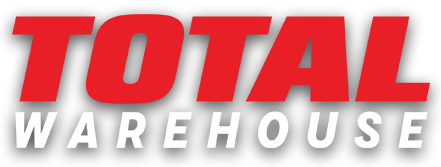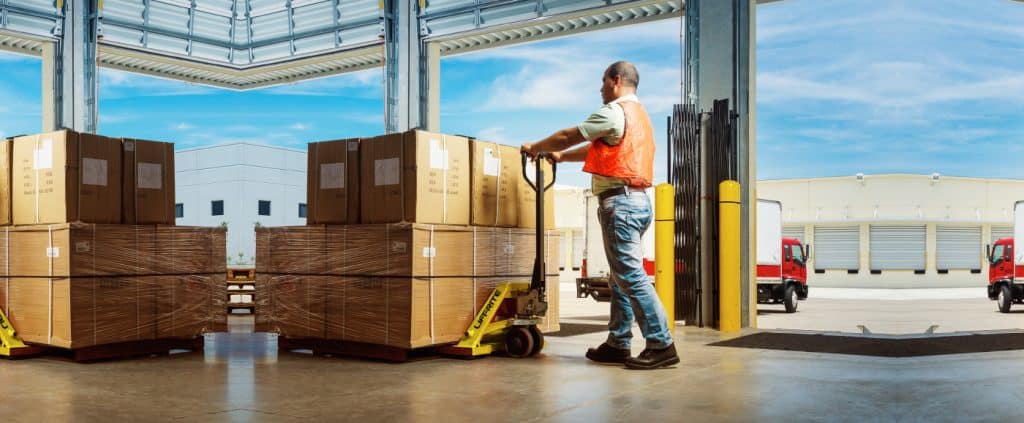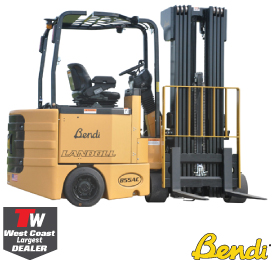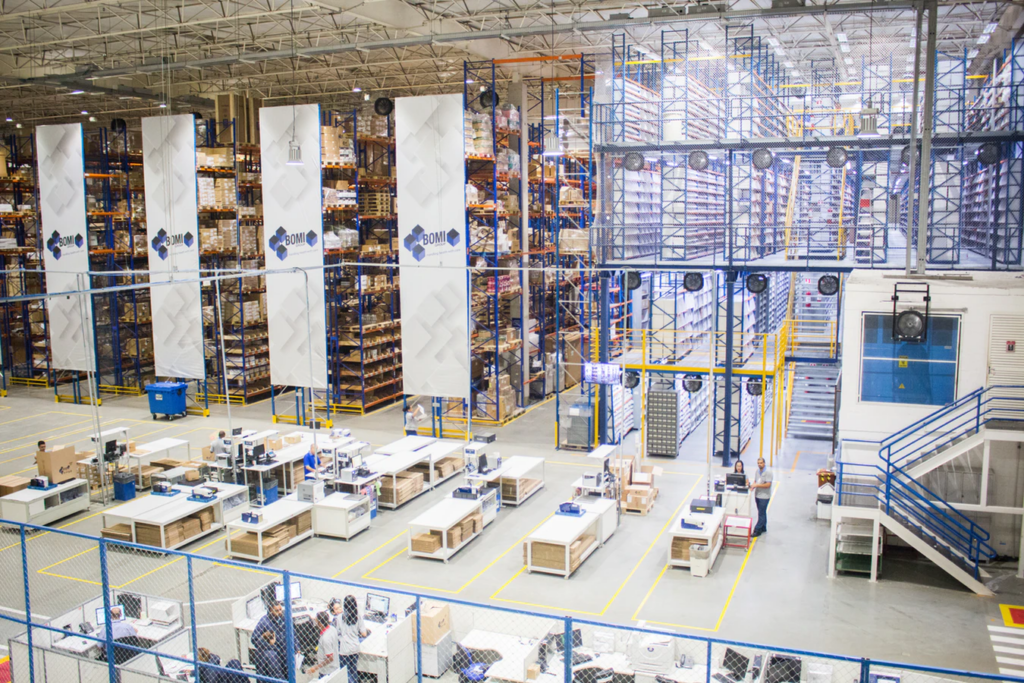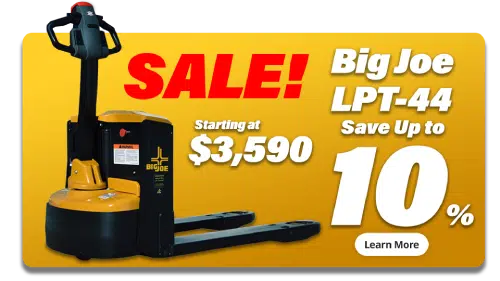Ensuring Forklift Safety
Forklifts stand as the backbone of material handling across industries, with electric and diesel variants dominating supply chain operations. It is paramount to ensure that forklift safety is strengthened with OSHA-mandated training.
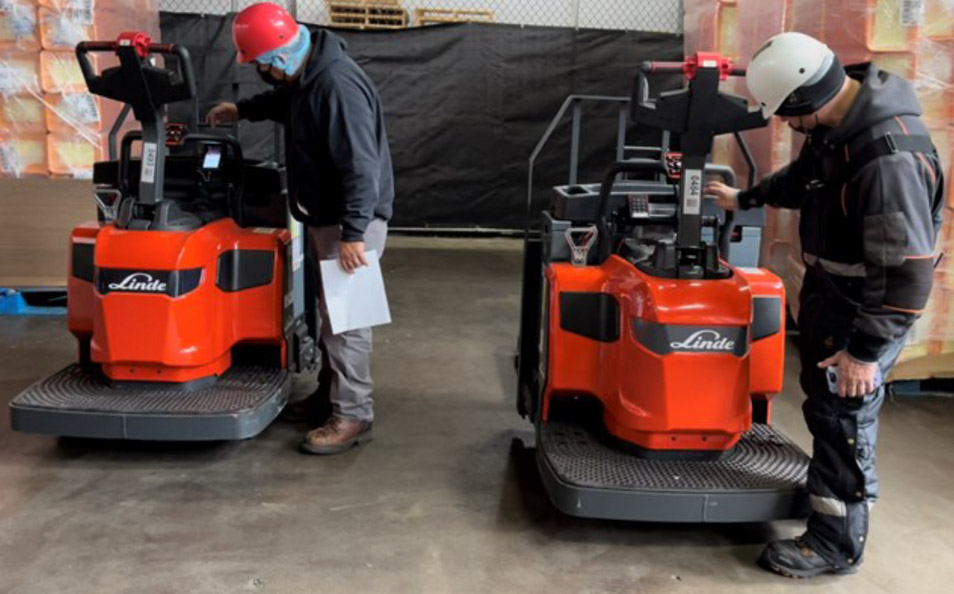
Importance of Effective Forklift Training
Powered Industrial Truck (PIT) training is not just a requirement mandated by regulatory bodies like OSHA; it’s the cornerstone of workplace safety. Despite existing regulations, forklift accidents and fatalities remain alarmingly high, underlining the critical need for robust training programs.
Benefits of Effective Training:
Compliance with OSHA Regulations: Meeting OSHA standards is essential for ensuring workplace safety and avoiding penalties.
Enhanced Workplace Safety: Well-trained forklift operators contribute to a safer work environment for everyone.
Cost Reduction: Reduced accidents lead to lower insurance costs and less downtime for repairs.
Improved Efficiency: Skilled operators are more efficient, leading to increased productivity.
Lower Turnover: Investing in employee training fosters loyalty and reduces turnover rates.
Cultivating a Safety Culture: Prioritizing training creates a culture of safety, where employees are vigilant and proactive.
OSHA Compliance:
OSHA mandates comprehensive training and certification for forklift operators to ensure competency.
Operators must undergo evaluation by their employer and receive certification before operating a forklift.
Regular performance evaluations, at least once every three years, are required to maintain certification.
Additional training is necessary for operators transitioning to new equipment or involved in accidents or near misses.
Challenges To Forklift Training
Managing forklift training poses several challenges. It requires ensuring that trainers are effective, workers are competent, and training is scheduled to avoid disruptions to work operations. Additionally, each operator must demonstrate their knowledge before starting work and undergo retraining at least once every three years, adding to the complexity of training management.
The Total Warehouse Way: Achieving Accident-Free Logistics
Our aim is simple: to achieve logistics operations devoid of accidents. To realize this vision, Total Warehouse continually innovates safety features, intelligent assistance systems, and comprehensive training programs and consulting services. By integrating solutions that prioritize operator safety, we ensure secure intralogistics operations.
At Total Warehouse, prioritizing forklift safety for operators is paramount. Our products boast top-notch safety features and embody a “zero accidents” standard, reflecting our commitment to safety.
Essential Safety Practices for Forklift Handling
1. Forklift Operation License: Only certified operators who have undergone training should be permitted to operate forklifts.
2. Proper Operator Attire: All forklift operators must wear appropriate safety gear, including safety shoes, helmets, and jackets.
3. Daily Inspections: Before each operation, operators should conduct thorough inspections of the forklift, checking operating controls, mast condition, tire and fluid levels, and fork condition.
4. Floor Markings: Clearly delineate operating areas and walking paths in the warehouse to maintain safe zones and prevent obstruction of pathways.
5. 360-Degree Visibility: Linde forklifts offer exceptional all-round visibility, enhancing safety. Specially encapsulated lift masts and the Linde Protector Frame provide added protection against falling loads.
Ensure your forklift operators are safe with Total Warehouse’s OSHA-mandated forklift operator training classes, train-the-trainer, and truck familiarization.
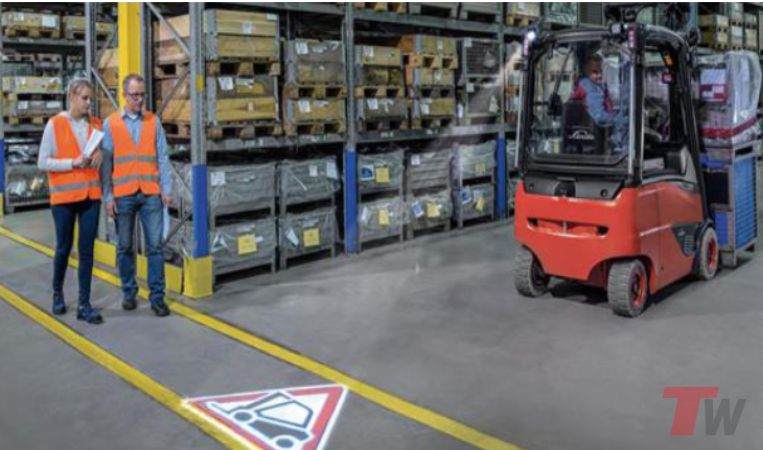
Hazards and Risks of Forklift Operations
Forklift operations can be hazardous if not conducted properly. Common hazards include:
Tip-overs: Forklifts can tip over if they are overloaded, improperly balanced, or operated on uneven surfaces. This can cause serious injury or death to the operator and others in the area.
Collisions: Forklifts can collide with pedestrians, other vehicles, or objects if the operator is not paying attention or if the forklift is not properly maintained.
Falling objects: Forklifts can drop objects if they are not properly secured or if the forks are not tilted correctly. This can cause serious injury or damage to property.
Pedestrian injuries: Pedestrians can be struck by forklifts if they are unaware of their surroundings or if the operator does not have a clear view of the area.
To mitigate these risks, it is important to:
1. Only allow certified operators to operate forklifts.
2. Conduct regular inspections of forklifts to ensure they are in safe working order.
3. Load and unload forklifts carefully to avoid tip-overs.
4. Maintain a clear view of the area when operating a forklift.
5. Be aware of pedestrians and other vehicles in the area.
6. By following these safety precautions, forklift operators can help to prevent accidents and keep themselves and others safe.
Advanced Safety Features in Linde Forklifts
Linde Safety Pilot: This intelligent system acts as a co-driver, displaying critical parameters and intervening to prevent operating errors.
Dynamic Mast Control and Linde BlueSpot: These features ensure precise and safe operation, compensating for mast movements and enhancing visibility.
Linde Engine Protection System (LEPS): Prevents engine damage by monitoring vital parameters and limiting truck speed if necessary.
Choosing the Right Forklift
With a plethora of forklift types suited for diverse applications, it’s crucial to select the right one for maximum productivity. Total Warehouse’s product line of Linde Material Handling Equipment offers comprehensive application studies to understand operational needs and recommend the ideal product.
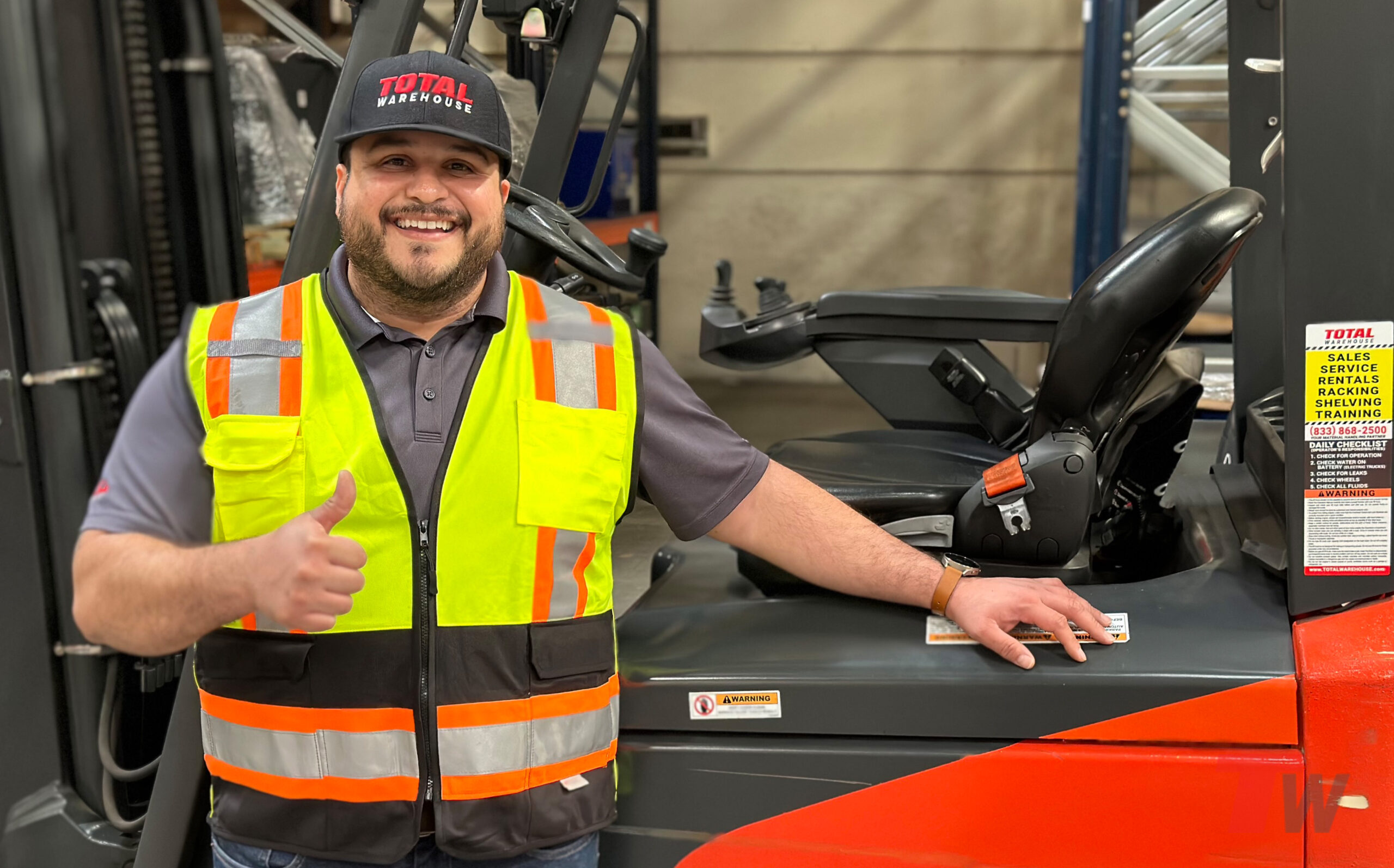
Total Warehouse are proud dealers for Linde, Big Joe, UniCarriers, and Landoll. We’ve helped countless businesses across the United States achieve lower maintenance, reduced costs, increased worker satisfaction, and increased economic sustainability by making the switch. Our team of highly knowledgeable experts can help you make the right decision for your business. Give us a call at 833-868-2500 or contact us online.
